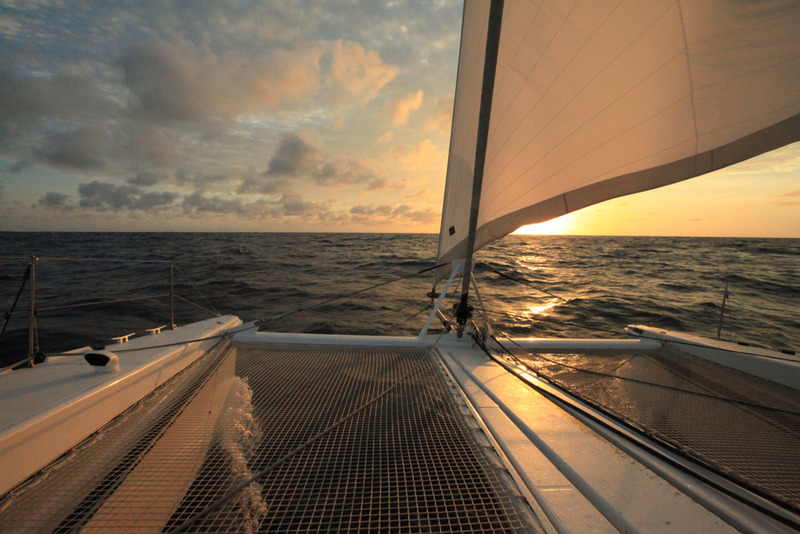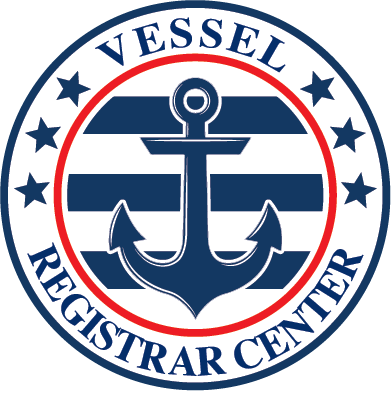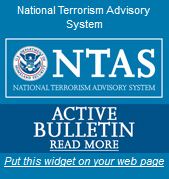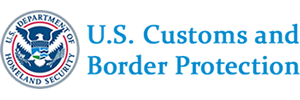Being out on a boat is special. Whether it’s your first time on the water, or you’ve been on yachts your entire life, there’s nothing quite like it. The rush of the wind in your hair, the sun warm on your face, the waves beside your boat – it’s a genuinely unique experience. You can be on a boat every day of your life for years, and discover something new each time. That’s why we make vessel documentation so easy. So that, when you’re out on your boat, you can enjoy it. Whether you’re working hard or not working at all, with our documentation, you can just enjoy your time on your boat.
Why Vessel Documentation
The kind of documentation we can assist with is a form of registration that is national. So, this registration works anywhere across the United States of America. That doesn’t mean this registration is only appropriate if your boat is in the USA, though. When you take your boat to other countries, this kind of documentation is conclusive evidence of nationality. That means that there will be no doubts as to where your boat has come from when you take your boat abroad. Those are just a few of the benefits of this documentation.
You can also use this documentation to gain access to certain areas of maritime trade that are restricted. Two of the more prominent examples are certain fisheries and coastwise trade. Without this documentation, you can’t partake in trade there. However, once you have this documentation on your vessel, you can absolutely use it to make money in this fashion. So, depending on what you want to do with your vessel, it could come in very handy indeed.
If you’ve never had a boat before or had to get documentation before, it can feel like it’s something very new. However, getting this particular kind of documentation is anything but new. It’s actually one of the older functions of the American government. Requiring boats to get documentation was the 11th act of the First Congress. When you think about it, this makes sense: the government had very compelling reasons to make sure that boats who registered with the government were involved with trade.
Different Boats, Different Documentation
It’s important to bear in mind that not every single kind of boat has to get documentation. For example, to be documented, a vessel has to measure at least five net tons. So, your small fishing boat isn’t going to need this kind of documentation. Neither will a sunfish, nor light sailing boat. If you have any doubt as to whether your vessel requires this, you should check to see how much your vessel weighs. Here is a link to the Simplified Measurement Tonnage Guide 1 from the US Coast Guard Marine Safety Center. Or, alternately, we’re always glad to talk to customer or potential customers, so you can give us a call as well.
Not everyone can easily weigh their vessel. It’s not always simple and convenient for everyone to take their boat to somewhere they can get it measured. A good rule of thumb then is to measure the length of your vessel. You can do this at home, or you can get someone to help. A good rule to follow is that a majority of vessels that are more than twenty five feet in length will measure the five net tons necessary to fit this documentation. Even if you don’t measure your boat exactly with a tape measure or something similar, you can “eyeball” it to see if it’s well over twenty feet in length.
OK, you’ve figured out that your vessel weighs over five net tons, so you think you have to get this documentation. However, the boat also must be wholly owned by a citizen of the US. If you’re the owner of the vessel, and you’re a US citizen, then you know the answer. By that same token, if you aren’t a US citizen and you own the vessel, you have your answer then, too. Where it can get complicated is if the vessel is owned by multiple parties and they aren’t all US citizens. Here is where the word “wholly” comes in: the boat would not need this documentation as it isn’t “wholly” and completely owned by US citizens.

Documentation Exceptions
If you’ve been reading this and thought “there must be exceptions to this” you’re right. Some oil spill response vessels do not have to get this kind of documentation, even if they measure over five net tons and are owned completely by US citizens. Should you own one of these vessels, then in all likelihood, you don’t need to worry about the documentation. However, the word “certain” is involved here. To be perfectly sure that your vessel either does or does not need your documentation, then you want to give us a call as well.
Always remember, there’s more than one kind of “boat documentation.” You may have heard of a “Certificate of Documentation.” We can help you to fill out these forms and get them to the proper authorities. However, these forms can be endorsed for different uses for your vessel. For example, they can be used for recreation, fishery, coastwise and “registry.” So, that means that each boat is documented for some purpose. As we mentioned previously, vessels that have been endorsed for the fisheries and coastwise can gain access to places undocumented vessels cannot.
Recreation: A Unique Documentation
That being said, no matter what kind of documentation you have, any vessel can be used for recreation. Your vessel doesn’t have to be documented as “recreation” to be used for recreation. So, you can take your five net ton boat out for a nice day on the water when you aren’t using it for work. You can entertain friends and guests on a big boat on your day off, that’s all perfectly legal. No one will ever keep you from using your own boat for recreation.
Where you can run into trouble with this kind of documentation is if your vessel is registered for “recreation” and you try to use it for “fishery” or “coastwise.” That’s not allowed. See, if you documented a vessel as “recreation,” that’s all you can do with the vessel. So, be careful when selecting which kind of documentation your vessel will have. If you have any questions, we’re always glad to walk people through the process so that they can get the right kind of documentation for their maritime needs.
The vessels that have been documented as “fishery,” “coastwise” or “registry” can go to separate places that the other vessels can’t. One of these is the “Exclusive Economic Zone,” or as it’s also called, “EEZ.” To be clear, when we use the word “coastwise,” that’s typically defined as transporting people or goods between the United States and the EEZ. Towboats, dredges and more require this kind of documentation to ensure their passage between the United States and the Exclusive Economic Zone.
It’s not terribly difficult to demonstrate your documentation, once you have everything put together. Just be able to show that you own the vessel, are a US citizen, and that you’re eligible for the endorsement you’re looking for. While that part is easy, the rest of the paperwork can be a real pain. That’s where we come in. We can help make the paperwork part of the process so much easier for you. With these documentation forms available at our site, you can find filling them out is easy. Then, you can file electronically through our site.
No matter what you’re using your vessel for; you want to spend more time on the water and less worrying about documentation. So, always remember to boat safely, and give us a call at (800) 535-8570.




